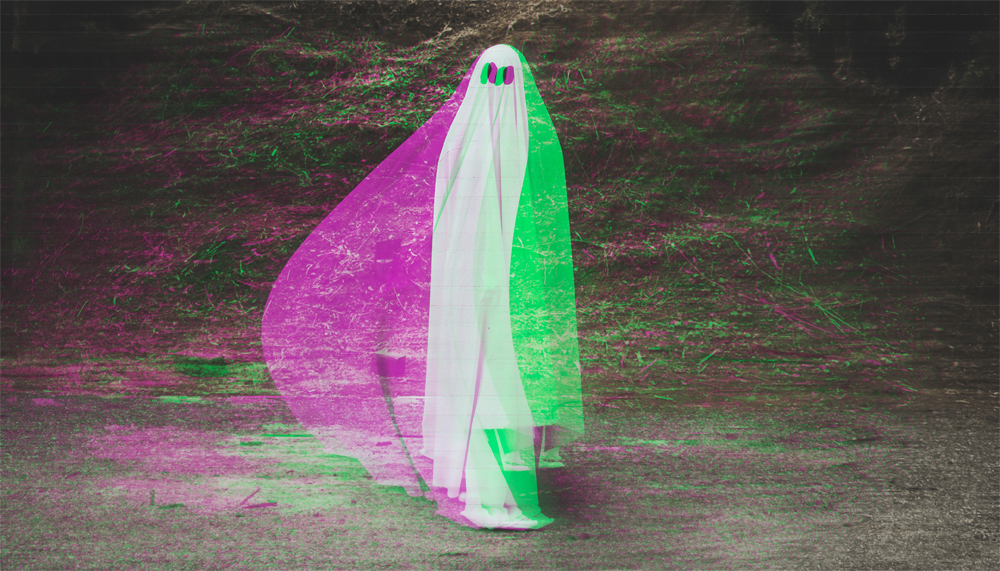
An image which may or may not be related to the article. FREEPIK
Digital Immortality: Can AI Bring Back the Dead?
Summary:
AI has already infiltrated every corner of modern life, from chatbots handling customer service to deepfake technology recreating faces with eerie accuracy. But now, we stand at the precipice of something far stranger—resurrecting the dead. Voice cloning, digital avatars, and AI-powered personalities are blurring the lines between memory and presence, forcing us to ask: When does a digital ghost become more than just an echo of the past? Are we on the verge of true digital immortality, or are we opening Pandora’s box?
But now, in an era where AI can replicate voices, animate old photographs, and even hold a conversation in the style of a long-gone person, we might be closer than ever to rewriting the rules of mortality. The dead are coming back—digitally, at least.
And if you think that sounds like the plot of a dystopian sci-fi novel, well, welcome to the future.
How AI Is Resurrecting the Departed
We’ve all seen the videos. A black-and-white photo of a long-dead relative suddenly blinks, turns its head, and smiles. An AI-generated deepfake of a historical figure delivers a speech in unnerving detail.
It started small—AI programs like Deep Nostalgia allowed users to animate old photos, bringing ghostly movements to ancestors who had never even seen a video camera in their lifetime. But now, the technology has gone further.
- Voice cloning: AI can now replicate a person’s speech patterns, intonations, and unique quirks with just a few minutes of recorded audio. This means deceased musicians can "sing" new songs, and loved ones can "speak" to us from beyond the grave.
- Chatbot personalities: Programs like Project December allow users to "talk" with AI versions of lost loved ones, trained on their past messages, emails, and writings.
- Deepfake video resurrection: Companies have begun digitally recreating actors for new films—Carrie Fisher as Princess Leia, James Dean set to "star" in an upcoming movie decades after his death.
At first glance, it seems like a miracle. Grieving families get one last conversation. Fans hear a new song from their favorite artist. History itself seems more alive.
But then comes the unsettling part.
When Does It Stop Being a Tribute and Start Being a Ghost?
There’s something inherently eerie about a person’s face and voice being reanimated without their consent. Sure, it starts with good intentions—preserving legacies, keeping memories alive—but what happens when this technology gets into the wrong hands?
Imagine a world where corporations own your likeness long after you’re gone. Your voice, your words, even your personality could be used to sell products, endorse brands, or worse—say things you never would have said in life.
It’s already happening. In China, AI-generated "virtual influencers" have begun replacing real celebrities in marketing campaigns. In South Korea, a grieving mother used deepfake technology to "reunite" with her deceased daughter in a virtual reality experience—an event that sparked global debate about the ethics of digital resurrection.
At what point does it stop being you and start being just a machine wearing your skin?
Digital Immortality or a High-Tech Haunting?
Here’s the real question: If an AI version of you could carry on after death—chatting, laughing, and offering advice—would you want it to?
Some see it as a gift, a way to give future generations access to wisdom and stories that might otherwise be lost. Others see it as a perversion of grief, an artificial substitute for something that should remain final.
And then there’s the legal mess. Who owns a digital ghost? If a company trains an AI on someone’s speech and personality, does their family have any control over how it’s used? Or are we heading toward a world where nobody ever truly dies—they just become another program in the system?
The Future: Should We Do This Just Because We Can?
Like all technological revolutions, this one isn’t slowing down. The tools for digital resurrection are becoming more powerful, more accessible, and more convincing.
Maybe, one day, talking to a virtual version of your great-grandfather will be as normal as watching old home videos. Maybe AI-generated musicians will headline concerts. Maybe Hollywood will resurrect actors who never agreed to be eternalized on screen.
But before we reach that point, we need to ask ourselves: Are we chasing immortality, or are we just building a new kind of ghost?
 muppazine
muppazine